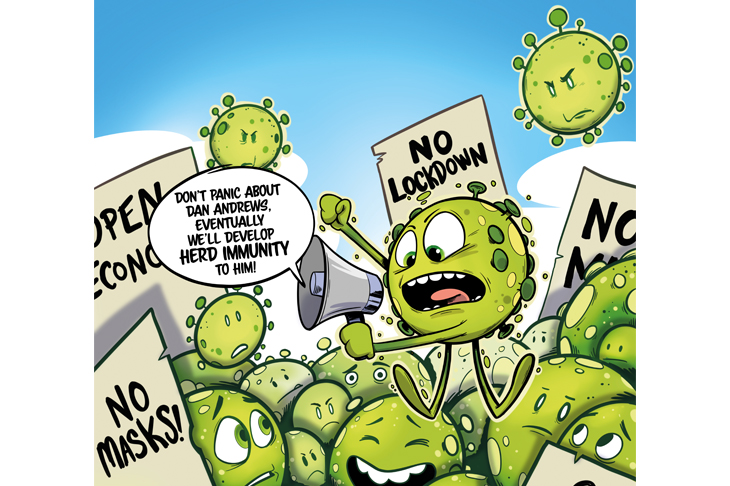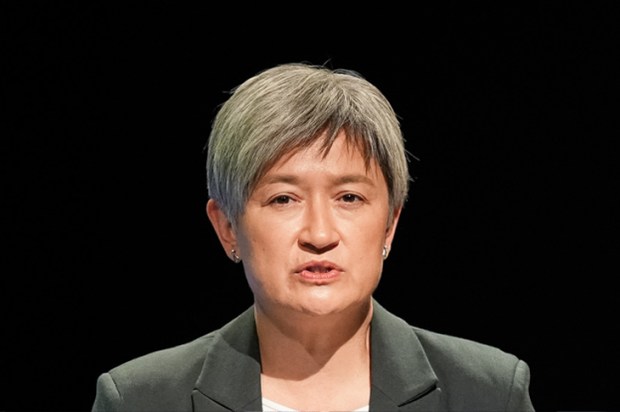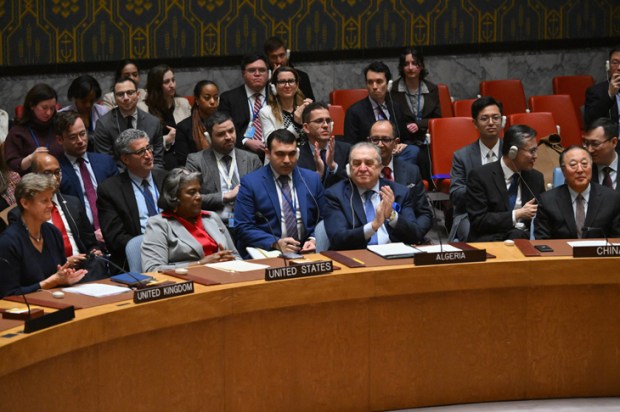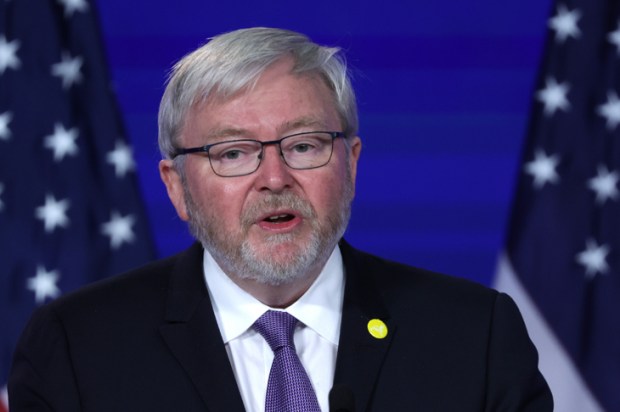Well, we must be doing something right. In banning the beleaguered Liberal backbench MP Craig Kelly for seven days, the thought police at Facebook used as their excuse, among other postings, Mr Kelly’s re-posting of a Spectator Australia Covid story and cartoon from August last year. And what was so offensive about the article by Rebecca Weisser that it had to be censored? The piece, ‘No guts, no glory’, detailed the work by Australia’s highly regarded Professor Thomas Borody to develop a successful early treatment for Covid-19 based on ivermectin. As Ms Weisser noted accurately, ‘Borody’s triple therapy combines ivermectin with a bog-standard antibiotic and zinc. The safety profile is so well-known that there is virtually no risk. There are already 33 clinical trials running around the world. The results so far are uniformly positive. Borody is running a randomised, controlled, double-blind trial in the US, which, as soon as it achieves statistical significance, will provide the gold-standard of evidence that the Australian Therapeutic Goods Administration and the US Food and Drug Administration require to sign off on the triple therapy as an approved Covid-19 treatment. But all that takes time.’
Indeed, and as time goes by the work of Professor Borody is increasingly being validated, with (yet another) study in India this week showing more remarkable results.
But the great irony in Ms Weisser’s piece was that it explained that Professor Borody’s original ground-breaking work (on peptic ulcers) had itself been subject to censorship and attack from Big Pharma before eventually being shown to be correct; the professor went on to win a Nobel prize for his work.
Will history repeat itself? There is every reason to suspect that the ivermectin treatment will indeed become recognised in more countries, such as here, where it currently is not. Who knows, maybe a second Nobel prize beckons?
And in another delicious irony, the accompanying ‘Censored’ cartoon by Sarah Dudley & Ben Davis, also deemed inappropriate by Facebook, shows a bunch of irate protesting corona viruses, one of which is saying to his mates, ‘Don’t panic about Dan Andrews. Eventually we’ll develop herd immunity to him.’
Touché. That was back in August. Not much has changed. The Victorian government continues to spread chaos and mayhem throughout the state. This week saw the hapless and hopeless Premier Dan Andrews boasting of his own ‘gold-standard’ in hotel quarantine only days before yet another outbreak of the virus from a Melbourne hotel. Unbelievably, stunned onlookers in Melbourne have even seen individuals being marched into buses with black bin liners over their heads in some homegrown quasi-medieval form of plague-torture and ritual humiliation.
In what should be a terrifying development for inquisitive citizens, the major social media and Big Tech platforms are increasingly flexing their censor muscles. Too often these days, clicking on an intriguing link turns up a blank page, with the information or article having been removed for some spurious reason or other. From an industry that for decades has complained that it didn’t have the know-how or the technology to police pornography and other areas of concern, and used ‘free speech’ and ‘freedom of expression’ as major justifications, this sudden enthusiasm for ‘cancelling’ opinion is seriously disturbing. As Maurice Newman points out in this week’s cover story, ‘Hello, darkness’, with Biden and Harris in the White House, new executive orders already appear to confirm that ‘anyone with the “wrong opinion” or who “peddles conspiracy theories” is now ineligible for federal government employment’.
In the last few months cancel culture has accelerated at breakneck speed. With opinions being removed from websites because they differ from ‘approved’ government or media lines, democracy itself stands at a crossroads. We either believe that we are strengthened by diversity of opinion, or we believe that government and/or Big Tech knows best and society itself is endangered by dissenting opinion.
Only a few years ago, posing such a question would have been absurd. Yet so effective has the ‘long march through the institutions’ been, every one of us must answer that question for ourselves. For those who agree with the first option, this magazine will always stand as a beacon of light fighting for your right to free speech. Unlike so many of our somewhat ‘dimmer’ competitors.
Got something to add? Join the discussion and comment below.
Get 10 issues for just $10
Subscribe to The Spectator Australia today for the next 10 magazine issues, plus full online access, for just $10.
You might disagree with half of it, but you’ll enjoy reading all of it. Try your first month for free, then just $2 a week for the remainder of your first year.















Comments
Don't miss out
Join the conversation with other Spectator Australia readers. Subscribe to leave a comment.
SUBSCRIBEAlready a subscriber? Log in